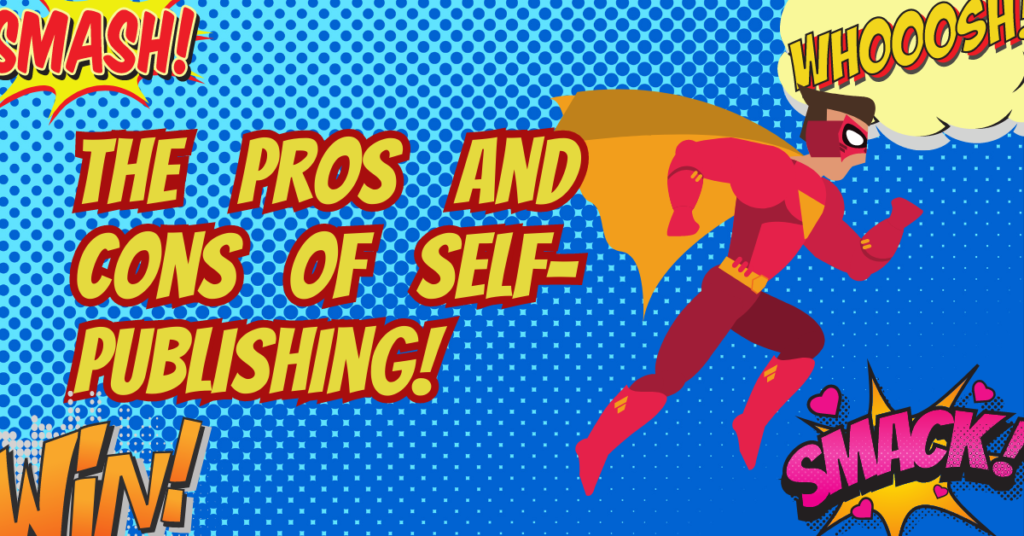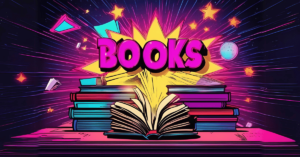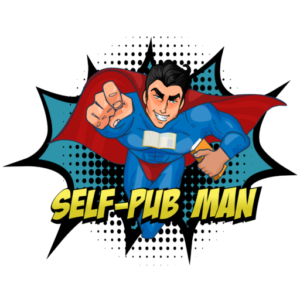Table of Contents
I. Introduction
Self-publishing has become an increasingly popular option for authors in recent years. With the rise of digital publishing platforms like Amazon Kindle Direct Publishing and IngramSpark, book publishing and distributing are more accessible. However, self-publishing also comes with its own set of benefits and drawbacks. In this blog post, we’ll explore the pros and cons of self-publishing to help you decide if it’s the right choice.
II. Pros of Self-Publishing
- Creative control: One of the most significant advantages of self-publishing is that you have complete control over every aspect of your book, from the cover design to the formatting and editing. You can also choose your release date and pricing strategy.
- Faster time to market: Traditional publishing can take years, whereas self-publishing can take just a few weeks or months. This means that you can get your book to market faster and start earning royalties sooner.
- Higher royalties: With self-publishing, you can earn up to 70% royalties on your book sales, compared to the 10-15% typically offered by traditional publishers.
- No rejection letters: Self-publishing eliminates the need to pitch your book to agents and publishers; you don’t have to worry about getting rejected.
- Flexibility: Self-publishing allows you to publish on your schedule and to make changes to your book as needed.
III. Cons of Self-Publishing
- Self-promotion: With self-publishing, you promote and market your book. This can be challenging and time-consuming, especially if you don’t have a background in marketing.
- Quality control: Self-published books may be considered less credible or professional than traditionally published books. Investing in high-quality editing, design, and formatting is essential to ensure your book looks and reads like a professional product.
- Upfront costs: Self-publishing can involve upfront costs, such as editing, cover design, and formatting. While these costs can be lower than the fees charged by traditional publishers, they can still add up.
- Limited distribution: Self-publishing may limit your book’s distribution, especially if you don’t have experience with marketing or distribution. Getting your book into physical bookstores or libraries may be more challenging.
- Lack of support: With self-publishing, you don’t have the help of a publishing house or editor to guide you through the publishing process. You’ll need to be comfortable working independently and seeking out resources alone.
Recent Posts
- Bookworms Unite: July Book Feature’s Wrap-Up and August’s Kickoff
- Revolutionizing the AI Book Publishing Landscape: How AI is Transforming the Way We Write, Market, and Distribute Books
- The Power of Print-On-Demand Book Publishing 2024: Unleash Your Inner Author
- 10 Powerful Techniques to Propel Your Book Up the Amazon Rankings
- Empowering Insights: 7 Proven Strategies for Learning from Successful Authors
IV. Conclusion
Self-publishing can be an excellent option for authors who want more control over their books and a faster time to market. However, it also comes with its own set of challenges, such as self-promotion and quality control. It’s essential to weigh the pros and cons of self-publish
ing and to consider your own goals and resources before deciding whether self-publishing is correct for you. If you choose to self-publish, be prepared to invest time and effort in marketing and promoting your book to ensure its success.
One potential solution to self-publishing’s drawbacks is to pursue a hybrid publishing model. Hybrid publishers offer many benefits of self-publishing, such as creative control and higher royalties, but also provide additional support and resources, such as editing and distribution. This can help address some of the challenges of self-publishing while allowing authors to retain much control over their work.
Ultimately, the decision to self-publish or pursue traditional publishing is a personal one that depends on your goals, resources, and preferences. By considering the pros and cons of self-publishing and weighing your options carefully, you can make an informed decision that helps you achieve your publishing goals. Whether you choose to self-publish or pursue traditional publishing, the most important thing is to keep writing and sharing your stories with the world.






